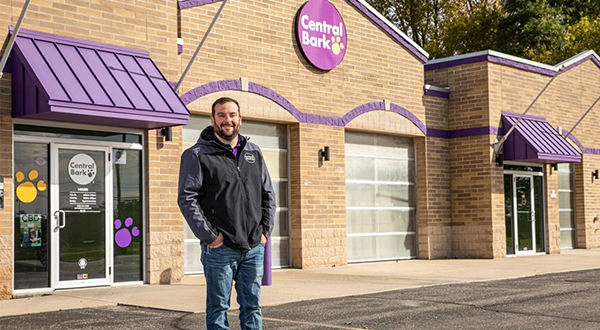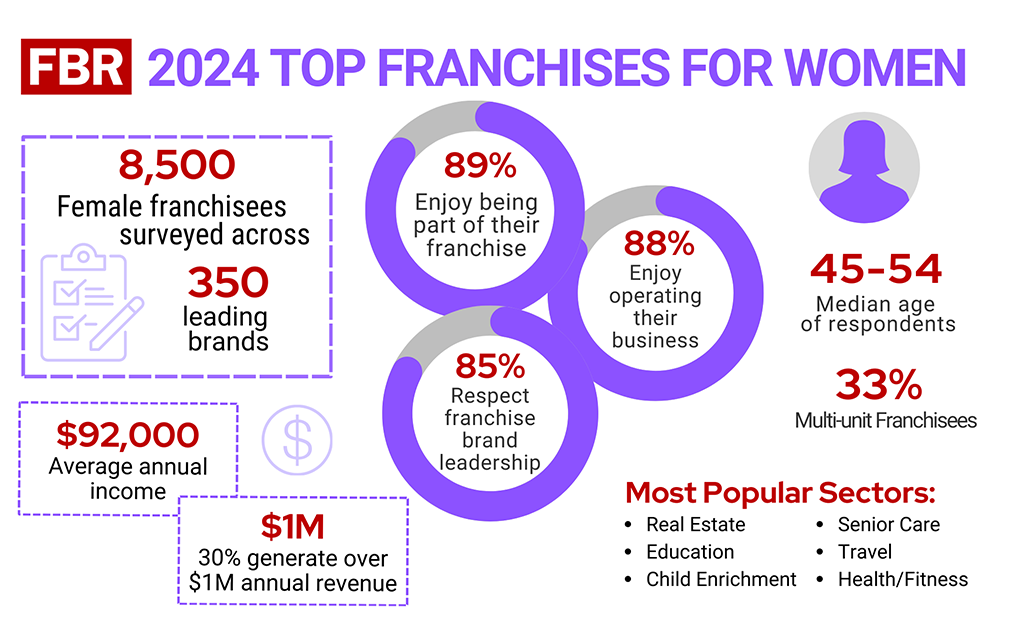Are you considering buying a franchise versus independent business ownership? Both options offer promising avenues for those motivated by the prospect of being their own boss. Comparing the two entails understanding the implications of autonomy, business support, success probabilities, time commitment, financial prerequisites, funding alternatives, and your unique financial and lifestyle goals. This is not a one-size-fits-all endeavor. Let’s explore some key considerations.
Most enterprising entrepreneurs strive to be their own boss. However, those prioritizing autonomy and creative freedom may find independent ownership more appealing than buying a franchise, particularly if they seek to innovate and develop their product and creative vision. On the other hand, owning a franchise provides business ownership with structured processes, robust training, and support systems across all facets of the business, helping franchise owners (franchisees) start up quickly and thrive as business owners.
The Key Benefits of Buying a Franchise:
- Structured Framework: One of the greatest benefits of investing in an established franchise is that the business model is already proven to be successful. Franchises provide a comprehensive playbook and corporate backing, streamlining business operations through tried and true business models. An established and reputable franchise (the franchisor) should be highly invested in enabling the success of their franchisees.
- Accessible Financing: Securing funding for a franchise is often more attainable than for independent startups, and many franchises pre-registered with the Small Business Administration (SBA) facilitate expedited financing. SBA Loans for franchise financing are a tried-and-true method for aspiring entrepreneurs. They were created to offer low interest rates and no balloon payments for business owners.
- Pre-Opening Assistance: Franchise entities offer invaluable pre-launch support, spanning market analysis, site selection, in-depth training, ongoing support, mentorship, and tailored marketing and advertising initiatives.
- Economies of Scale: Leveraging collective buying power, franchises typically benefit from reduced product and operational costs. Ask the franchisor if they negotiate better deals and discounts with suppliers, vendors, and service providers by pooling the demand and volume of the entire franchise system.
- Established Brand: The recognizable brand identity and loyal customer base associated with franchises expedite business establishment and growth trajectories. If you were to open your own business, you would need to develop your brand and customer base independently. When you open a franchise with a recognizable brand, consumers will automatically know the brand and what to expect from your franchise business. You will essentially have an existing customer base seeking your products or services.
- Knowledge Sharing: Franchise corporations facilitate knowledge exchange, disseminating financial insights and operational best practices to optimize business performance. Many franchisees express gratitude and appreciation for their franchisee network. When you buy into a franchise, you’re joining a network of fellow franchise owners who will offer insight, support, and advice. Maintaining a strong and thriving franchisee network is in the franchisor’s best interests, strengthening the whole system.
- Entrepreneurial Autonomy: While operating under the franchise umbrella, individuals retain ownership autonomy supplemented by corporate guidance and a robust peer network. Brand guidelines and proven systems exist, and franchisors seek candidates who are willing to follow and execute an established plan. However, you don’t have to develop and launch your own product and brand as a franchisee. You will benefit from being an entrepreneur who is accountable for every aspect of your business while working within an organized environment and following proven procedures. For many business owners, this is a win-win scenario.
The Potential Drawbacks of Buying a Franchise:
- Operational Constraints: Adherence to franchise protocols may constrain entrepreneurial creativity and autonomy.
- Initial Investment Requirements: High upfront costs associated with prominent franchises may restrict entry to some candidates. However, many options are available if you believe franchising is best. You can review Item 7 of each franchisor’s Franchise Disclosure Document (FDD) to compare initial investment costs.
- Ongoing Fees: Be aware of recurring royalty and ancillary charges, such as marketing and technology fees, which can diminish overall profitability. It’s essential to compare franchise costs and fees associated with brands that interest you. You must carefully review Item 6 of the FDD to determine the ongoing fees associated with each franchise opportunity you are considering.
- Operational Limitations: Franchise agreements may restrict business scope, including geographical operations, product offerings, and supplier selections. If you are interested in buying a franchise, it’s important to compare multiple brands and then speak with the franchisor directly to ask about these limitations.
- Reputation Risks: Franchisee misconduct or mismanagement may tarnish a brand’s reputation, potentially impacting individual business performance. When speaking with the franchisor, be certain to ask how they restrict and manage this risk.
- Information Disclosure: Franchisees are typically obligated to share detailed financial data with the corporate entity, facilitating oversight but potentially impinging on privacy.
- Brand Dependency: Brand adherence is essential in franchising. Although they own business assets, franchisees license brand names and operational protocols, which are subject to renewal at the franchisor’s discretion.
Explore Today’s Most Profitable Franchises
Franchise Financing Options
Whether pursuing independent entrepreneurship or buying a franchise, addressing the challenge of acquiring financing requires a thorough evaluation of personal savings and potential funding avenues. While traditional business loans pose challenges, innovative financing methods like Rollovers for Business Start-ups (ROBS) offer debt-free alternatives, leveraging retirement accounts for initial capitalization.
Click Here to request a complimentary financing consultation with a Benetrends Financial consultant.



